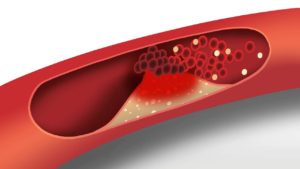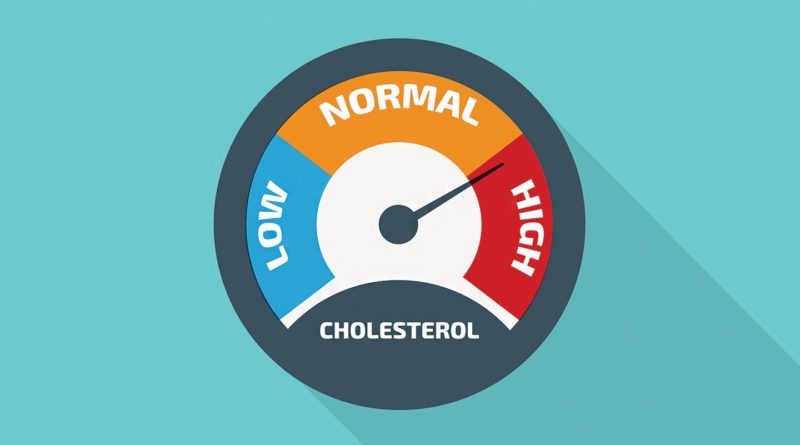What Are the Recommended Cholesterol Levels by Age?
Keeping cholesterol levels at the proper levels is very important for our cardiovascular health since once they are unbalanced, it is more difficult to regain balance
The cholesterol level in a person is an essential factor if you want to identify the risk of cardiovascular and heart disease. In case you still don’t think it’s important, these diseases are the number one cause of death in the world. In Europe, they are the cause of up to 4 million deaths a year.
Knowing the adequate levels of cholesterol helps us both to prevent these types of diseases, and to carry adequate treatment to combat them. Below we offer you everything you should know about appropriate blood cholesterol levels depending on your age.
Table of Contents
What are the proper cholesterol levels?

Cholesterol is a fat-like substance found in the blood. It is used by our body to carry out various activities such as producing hormones or digesting food, among others. Our body is capable of producing cholesterol. It generates everything it needs through biosynthetic processes.
In addition to this, our body also obtains cholesterol exogenously through food intake. The most prominent are those of animal origin such as eggs, meat, liver or dairy, among others).
However, a high presence of cholesterol obtained by food intake leads to a decrease in endogenous cholesterol – produced by biosynthesis. This ends up causing a disproportionate drop in cholesterol ingested and cholesterol used by the body.
It could be said that the most disadvantageous feature of cholesterol is that it is not a water-soluble substance. So when it is found in large quantities, an inevitable build-up occurs in the walls of the arteries. This can obstruct them and cause fatal diseases.
How can we measure the cholesterol level?
There are two types of cholesterol in the blood: the good (HDL) and the bad (LDL). Bad cholesterol (LDL) is low-density cholesterol that tends to lodge in the walls of the arteries. For its part, good cholesterol (HDL) is a high-density lipid produced by the body. This can drag bad cholesterol into the liver for later elimination.
Today, depending on the need, some tests can identify the levels of each type of cholesterol, as well as the totals. The most recommended way to measure them is through a blood test called the “Lipoprotein Panel“. This test provides a broad picture of blood lipid levels. Thus, the information it provides us is the following:
- Triglycerides.
- Total cholesterol (LDL and HDL).
- Good cholesterol (HDL).
- Non-HDL (the level that includes several low-density lipids, such as LDL).
- Bad cholesterol (LDL).
Ideally, everyone over the age of 20 should be tested at least once every 5 years.
Adequate cholesterol levels in women and men
Regarding the total cholesterol level, for women and men under 19 years of age and children, an adequate cholesterol level should be less than 170 mg/dl. However, for men and women over the age of 20, the levels should be between 125 and 200 mg/dl.
In the case of pregnant women, it should be borne in mind that cholesterol levels during pregnancy may slightly increase. Therefore, if these are close to 240 mg/dl, it is no reason to be alarmed. Even so, correct follow-up with a specialist doctor is recommended.
Regarding the level of bad cholesterol (LDL) for women and men, it should be less than 100 mg/dl regardless of their age. For women and men under the age of 19, the good cholesterol (HDL) level should be greater than 45 mg/dl. In the case of women older than 20 years, more than 50 mg/dl. For men, more than 40 mg/dl.
In addition to testing at least every 5 years, it is recommended to maintain a low-fat diet. We cannot ignore that once high cholesterol levels are reached, it is much more complicated to return to the appropriate levels. All this without forgetting that you would be putting your health at risk, so you must take it into account, keep your cholesterol levels controlled at all times and you will avoid scares with your health.




